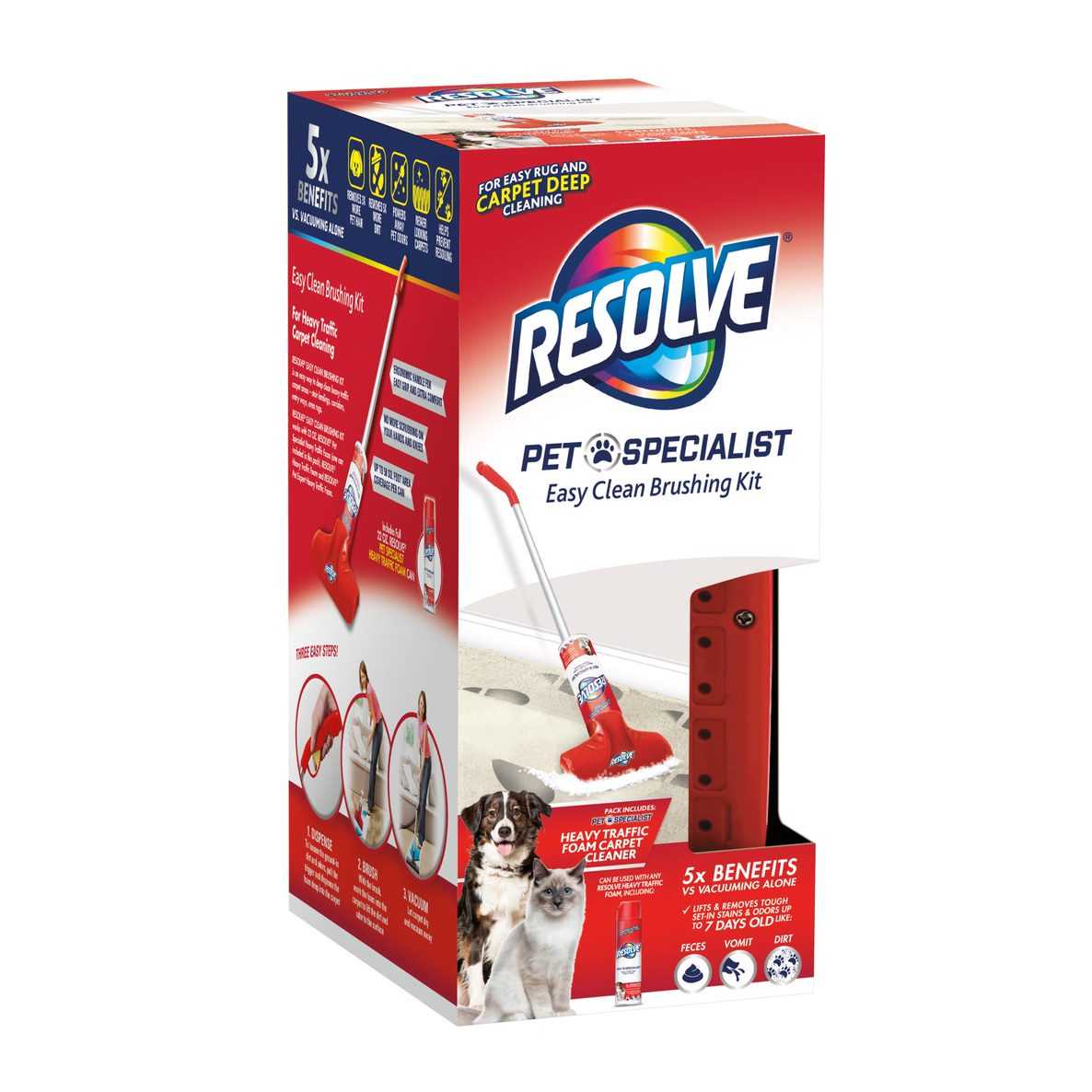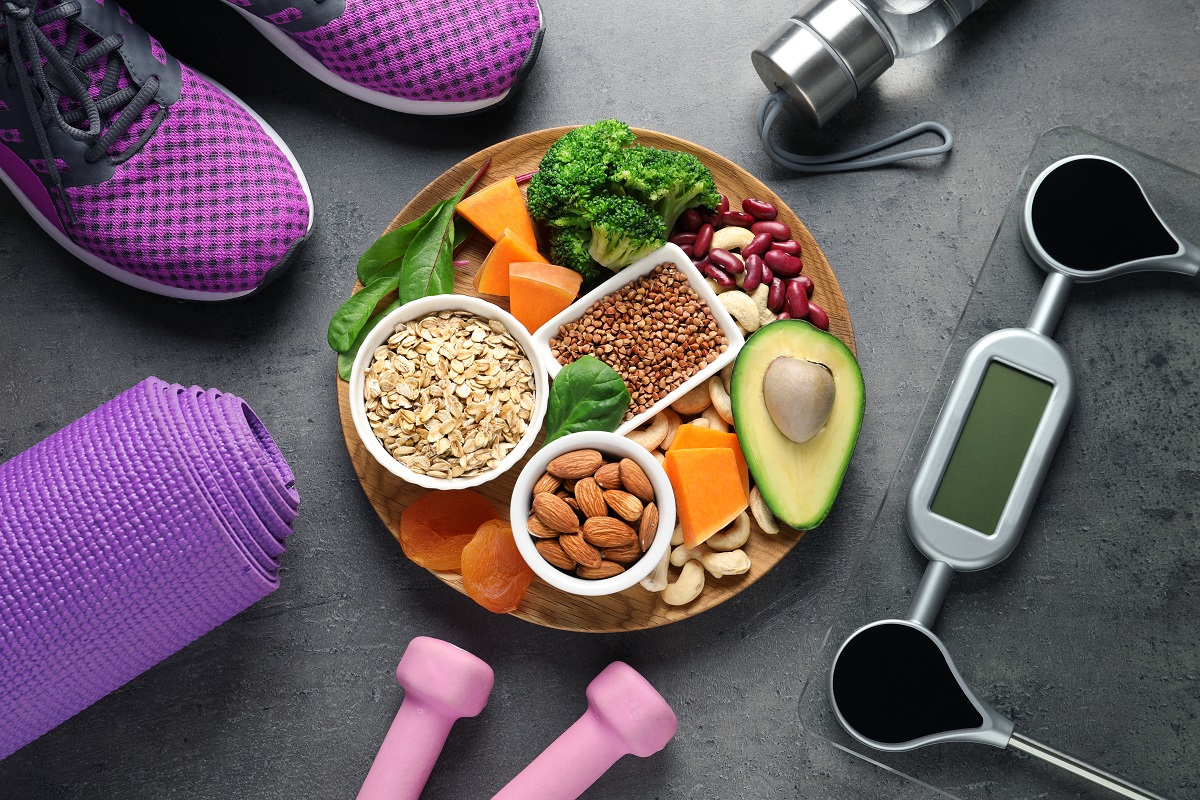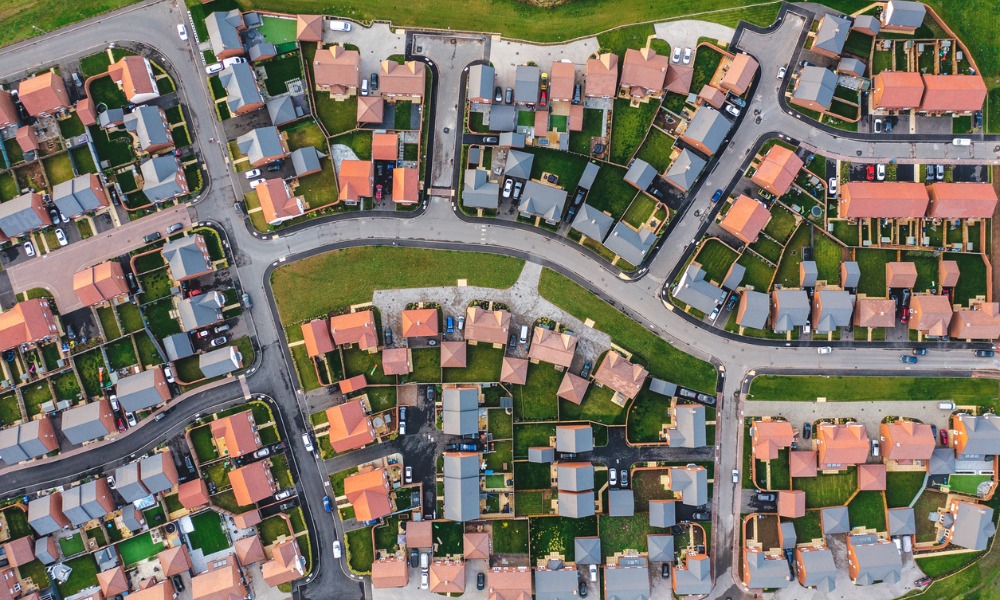Although the food we eat is relatively safe because it is protected in some part by the government, dangerous pesticides still cause a lot of damage. Some people just want to go organic to get away from the potentially dangerous chemicals. Read this article to find out about organic gardening.
Plants should be protected from cold weather. During winter time, the cold can present dangers to plants, either by freezing the water in their stems or forming sharp ice crystals which may sever or puncture important organs. Tomatoes, in particular, are very susceptible to the frost and should be moved to a warmer indoor climate, or covered outside with frost-resistant cloth.
If your green thumb starts to wilt during those long winter months when your garden is buried beneath a foot of snow, learn how to grow microgreens to provide yourself with fresh, healthy salads, sandwich toppings and garnishes all year round. Microgreens require very little sunlight and are easy to grow indoors. Some common microgreens include kale, dill, basil, spinach, and chard.
Consider using your garden to grow some kitchen herbs. Herbs such as basil, mint, parsley, coriander, rosemary and dill, are essential to many dishes, but they can be very expensive to purchase in the shops. These culinary herbs, however, are very cheap and easy to grow in your own garden.
Diversify the types of plants you grow in your garden. If you only grow one type of plant in your garden and it gets infected with a disease, your whole garden could be wiped out. Also, if you are only growing tomato plants, remember that just 14 tomato plants can yield a year’s supply of tomatoes for two people.
Pre-soak your seeds to keep them healthy. Soak the seeds by placing them in a container where they are covered with water. This will keep your seeds hydrated and give you a little head start with your growing. This increases the chances of survival for the seeds.
Be careful not to over-water your garden. Giving your plants too much water can actually kill them faster than not giving them enough water. Soil that has too much water in it prevents root systems from growing properly. It can even cause your plants to rot from the bottom up.
Know your climate zone. This can be the difference between a thriving garden and one that never grows. Knowing your climate zone will help you choose flowers, fruits, vegetables and trees that are perfect for where you are. This way, you get a bit of a headstart when designing a garden.
Prepare your garden bed in the fall for spring planting with this simple method. Lay down several layers of newspaper where you plan to grow your garden, wetting it down as you go. Cover the newspaper with thick black plastic, making sure the edges are secured so it doesn’t fly away. In the spring, remove the plastic and plant seeds right through the newspaper and into the soil.
Whether are you attempting to go organic because you don’t want the chemicals in your life or simply because you want the freshest type of food possible, growing an organic garden is an excellent way to always have fresh produce on hand. Don’t neglect to use what you’ve learned here to grow a great garden!











